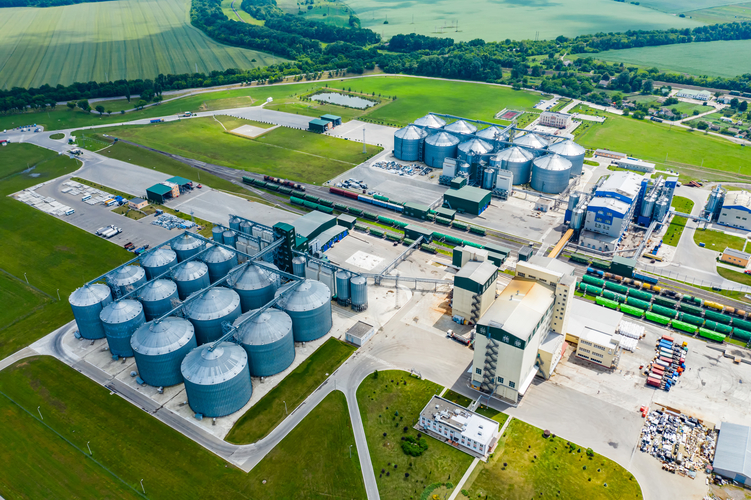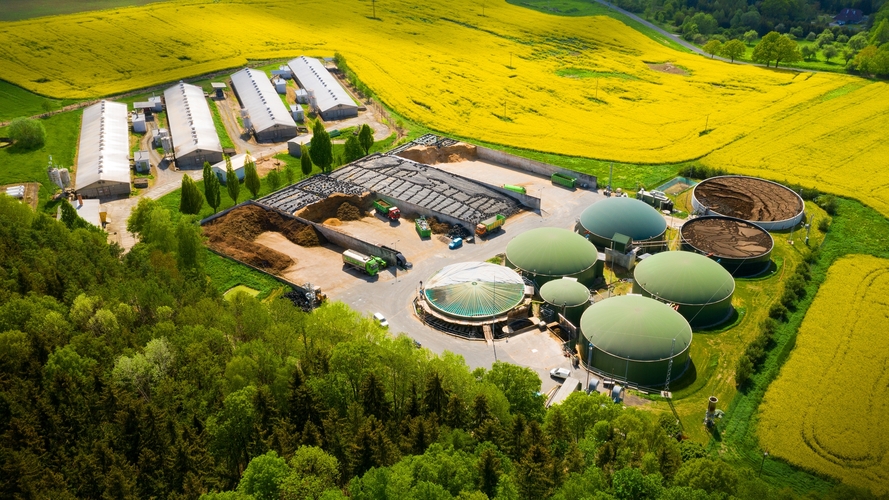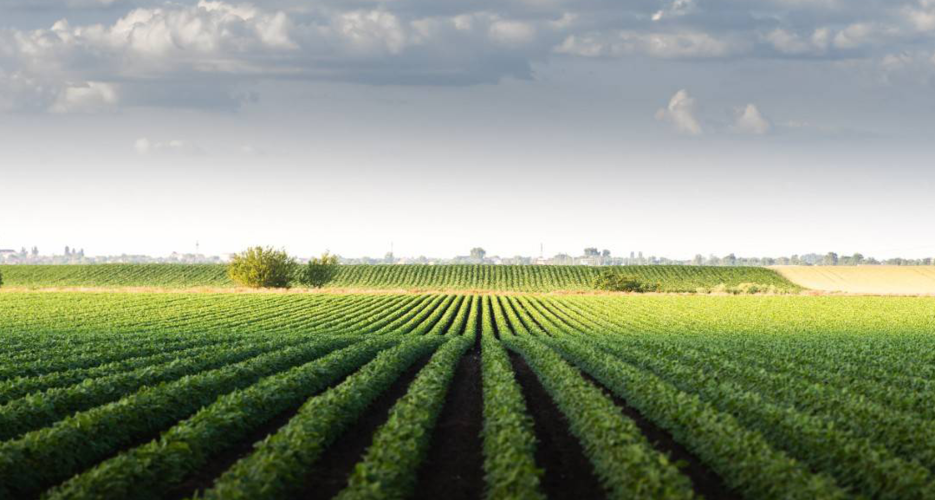Climate change, socioeconomical pressures, and new policy and legislation are driving a decarbonization process across industries, with a critical shift from a fossil-based economy toward a biomass-based one. The new paradigm implies not only a gradual phasing out of fossil fuels as a source of energy, but also a move away from crude oil as a source of platform chemicals, polymers, drugs, solvents and many other critical materials, and consumer goods that are ubiquitous in our everyday life. A biorefinery is a facility that integrates various biomass conversion processes to produce a range of bio-based products, including biofuels, biochemicals, and biomaterials.
Actually, the concept of a biorefinery is analogous to a conventional petroleum refinery but focuses on utilizing renewable biological resources, such as plant biomass, agricultural residues, and other organic materials, as feedstocks instead of fossil fuels. The primary goal of a biorefinery is to maximize the efficient use of biomass resources, minimize waste, and generate sustainable products.
Biorefineries can play important role in the development of a more sustainable and bio-based economy, providing an innovative approach to resource utilization and reducing environmental impacts associated with traditional industrial processes. The evolution of biorefinery technologies continues to contribute to advancements in the field of bio-based products and renewable energy.









